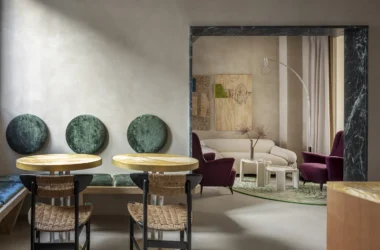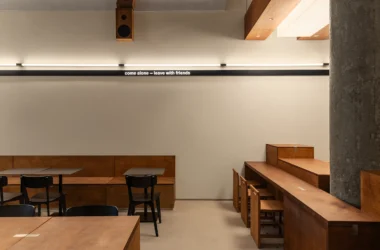In the relentless pace of modern life, achieving restful, quality sleep has become an increasingly elusive goal for many. The profound impact of sleep deprivation on our health, cognition, and overall well-being is well-documented. A recent IKEA global sleep study revealed just how widespread this issue is, finding that people globally are missing out on an average of 1 hour and 20 minutes of desired sleep per night. This cumulative deficit amounts to over 20 full days of lost rest annually, underscoring a significant global sleep crisis. This vital report on the state of global sleep also pointed out that stress and excessive screen time are major culprits keeping us wired awake.
Addressing this critical need, innovation in sleep technology is surging forward, offering sophisticated tools designed to help us fall asleep faster, stay asleep longer, and improve the efficiency of our rest. Among the most intriguing developments is the Elemind device, a wearable neurotechnology designed to deliver “sleep, on-demand.”

Elemind takes a novel approach by interacting directly with your brainwaves. This headband uses EEG sensors to monitor your brain’s electrical activity in real-time. When it detects patterns associated with wakefulness or difficulty sleeping, it delivers precise, low-intensity acoustic stimulation – think of it like noise cancellation for your brain, but instead of cancelling sound, it’s guiding your brain activity. This isn’t just passive listening; Elemind’s patented algorithm, developed with research from MIT, actively works to gently nudge your brain out of agitated states and into rhythms conducive to sleep onset and deeper sleep stages. The device is designed to be non-invasive and drug-free, offering a potentially appealing alternative for those seeking to avoid sleep medications. Furthermore, Elemind incorporates AI which learns your individual sleep patterns over time, personalizing the stimulation to become more effective with each use. This adaptive technology aims to optimize your rest consistently, providing detailed sleep analytics through a companion app, showing metrics like time to fall asleep, time in each sleep stage, and overall sleep efficiency.
Beyond direct neuro-modulation, the landscape of sleep innovation is also seeing fascinating integrations of design and biometric data. Projects such as the ZZZN Sleep Apparel System, a unique blend of wearable tech and traditional Japanese design, explore how clothing itself can become a tool for biometric rest by incorporating features that monitor the wearer’s state and provide gentle prompts for relaxation. Similarly, installations showcased at events like Milano Design Week 2025, such as the Zenbot Salon Morph Inn, demonstrate creative approaches to creating environments and interactive experiences that promote calm and prepare the body and mind for rest, highlighting the role of immersive design in the pursuit of better sleep.

While Elemind represents a cutting-edge leap, it exists within a growing ecosystem of sleep-enhancing technologies. The market is seeing a diverse range of devices catering to different needs and preferences. Smart mattresses like the Eight Sleep Pod track biometrics and adjust temperature to optimize comfort throughout the night. Wearable trackers, such as the Oura Ring and WHOOP, provide in-depth insights into sleep quality, recovery, and readiness, helping users understand their patterns and make informed lifestyle changes. Smart alarm clocks, like the Hatch Restore, combine soundscapes, guided meditations, and sunrise simulations to ease the transition into sleep and promote a gentle awakening. For those sensitive to noise, sleep earbuds and specialized sleep masks offer ways to block out disturbances or deliver soothing audio privately. Even simpler tools like weighted blankets leverage the principles of deep pressure stimulation to promote relaxation and reduce anxiety, making it easier to drift off.
The emergence of devices like Elemind highlights a shift towards more active and personalized sleep interventions. Instead of just monitoring sleep or creating a calming environment, this new wave of tech aims to directly influence the physiological processes involved in sleep. This focus on neuromodulation signifies an exciting frontier in our quest for better rest, offering hope to the millions who struggle with insufficient or poor-quality sleep. As technology continues to evolve, the tools available to help us achieve restorative sleep will only become more sophisticated, paving the way for a future where truly restful nights are within reach for everyone.






